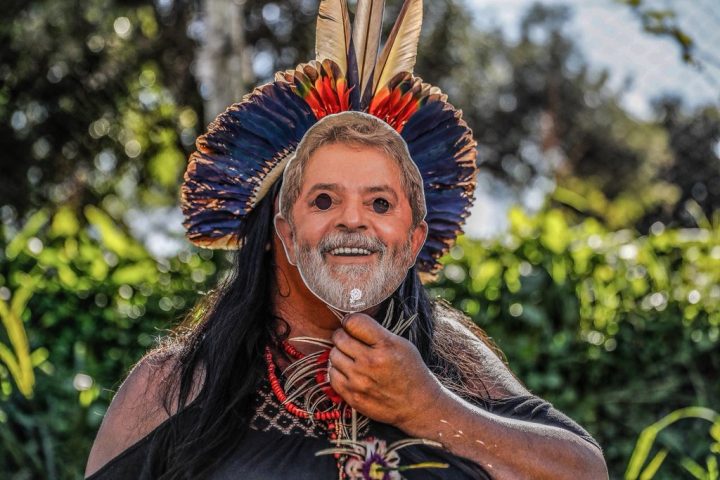The pro military dictatorship president of Brazil, Jair Bolsonaro, has offered his country’s genocide victims the possibility of continuing the impunity by stopping the identification of bodies found in Sao Paulo, which were being analyzed by forensic teams, after the discovery that among the remains were victims of the forced disappearance of people during the military dictatorship that devastated Brazil between April 1, 1964 and March 15, 1985.
The decree has several orders, but the most significant was the one that paralyzed the identification of the corpses found in the Perus cemetery, where it was not yet possible to verify the identity of all the people.
Last year it was reported that one of the people buried was the trade unionist and guerrilla Aluizio Palhano Pedreira Ferreira, who disappeared in 1971 while participating in the Revolutionary Popular Vanguard.
Bolsonaro recently explained that when he joined the army as a military cadet, one of his first missions was to look for the former captain Carlos Lamarca, who commanded the Revolutionary Popular Vanguard.
Dilma Rousseff had ordered the identification of remains not only because of the graves found in Sao Paulo, but also because of others found in the Amazon region of Araguaia, where guerrillas who fought the dictatorship also disappeared.
Let’s remember that at the time of voting in favor of Rousseff’s dismissal, Bolsonaro dedicated his vote to the soldier who tortured the former president while she was a prisoner of the dictatorial regime.
Federal Prosecutor Eugenia Gonzaga explained that the Forensic Working Group will continue to work, despite what the decree says, “the problem is that we have to renew the agreement with the Federal University of São Paulo,” said the prosecutor who also heads the Special Commission on Political Deaths and Disappearances of the dictatorship.
The message emanating from the Brazilian Executive is clear: “there was no dictatorship in Brazil” and so the declarations and acts carried out by Bolsonaro and ministers coincide in paying tribute to the military who “saved” the country from becoming Cuba or something similar.
In fact, the country’s main military units held celebratory events on March 31, coinciding with the anniversary of the coup d’état against Joao Goulart in 1964. The attacks against the Brazilian memory persist from the Ministry of Education or the Ministry of Human Rights, which was absorbed by the Ministry of Women and Family, in the hands of the evangelical fundamentalist Damares Alves.
Guilty verdict on Lula
In an insane decision, the Supreme Court of Justice amended the sentence against former president Luiz Inácio Lula Da Silva, reducing it from 12 years and one month to eight years, ten months and 20 days, thus validating the atrocities committed in the trial against the former president.
Lula, after hearing this absurd ruling, stated that “no reduced sentence is just for a man who did not commit any crime” and described this judicial instance as “another chapter of the farce that was staged from the investigation and continued in the accusation, in the first and in the second instance”.
The suspicious synchronization of the judges shows again the planning of the whole punitive operation against the leader of the Workers Party, who was excluded from the last electoral contest and who has become the scapegoat to promote the foreignization of public works and the alignment with the expansionist strategies of the United States, in the commercial war they maintain with China and Russia.
Similar schemes have been imposed in Argentina and Ecuador to generate fabulous indebtedness of these countries, forcing the peoples to consent to the dictation of economic policies by foreign organizations such as the IMF and the World Bank.
The former Argentine president, Cristina Fernandez, already has a date for the first oral trial for the alleged crimes of corruption on May 21, one month before the presidential candidatures are launched and with the sad precedents of the arrests of former ministers Amado Boudou, Julio De Vido and Hector Timerman, the latter deceased because he was prevented from continuing his treatment against the cancer that afflicted him.
In Ecuador, something similar happens with Lenin Moreno’s running mate, Jorge Glas, detained since the beginning of the Moreno presidency and with arrest warrants issued against other officials of former president Rafael Correa, who was directly threatened that he would go to prison if he returned to the country.
Translation Pressenza London










